Structural Mechanics Blog Posts
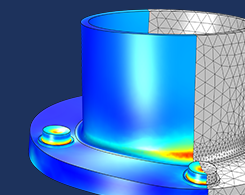
Introduction to Modeling Stress Linearization in COMSOL Multiphysics®
Your complete introduction to the theory and process for modeling stress linearization in COMSOL Multiphysics®, as well as an overview of common real-world uses for this phenomenon.
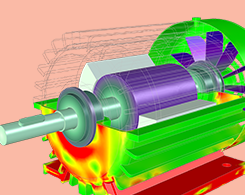
Analyzing the Structural Integrity of an Induction Motor with Simulation
The AC induction motor was invented by either Nikola Tesla or Galileo Ferraris, depending on who you ask. Either way, you can evaluate the structural integrity of this device with simulation.
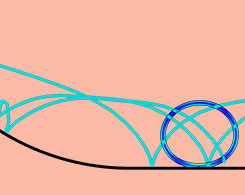
Modeling a Transient Contact Problem with Stick-Slip Friction Transition
Stick-slip friction transition is a phenomenon relevant to many transient mechanical contact problems. You can use structural analysis to evaluate these effects.
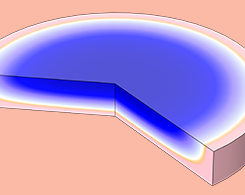
Analyzing Heat and Mass Transfer During Cake Baking with Simulation
As you bake a cake, there are many complex heat and mass transport processes taking place behind the oven door. Take a closer look at the art and science involved in the cake baking process…
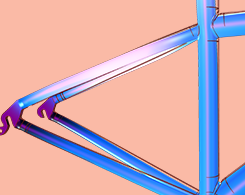
Analyzing the Mechanical Performance of a Tricycle Frame Design
Tricycles have 3 wheels and countless uses due to their extra support and load capacity. Design a tricycle that meets safety requirements by analyzing its mechanical performance.
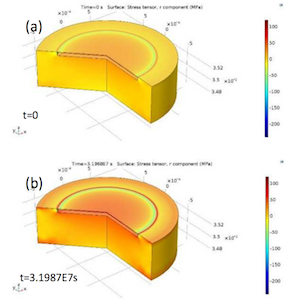
Studying the Influence of Concrete Phenomena on Sensor Performance
Some concrete structures use embedded sensors to monitor their stability, but the concrete itself can interfere with the sensors’ performance. Researchers used simulation to address this issue.
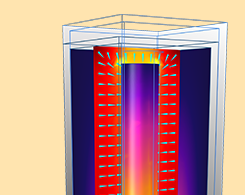
Predict Thermal Drift in Microwave Filters Using Multiphysics Simulation
When subjected to high-power loads and harsh environmental conditions, microwave filters can experience thermal drift. One way to predict this unwanted effect is with multiphysics simulation.
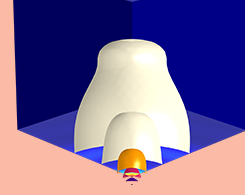
Using Low-Reflecting Boundary Conditions to Model Wave Propagation
Modeling wave propagation can be challenging. You need to balance the size of the computational domain with reflection at the surface boundaries. Low-reflecting boundary conditions can help.
